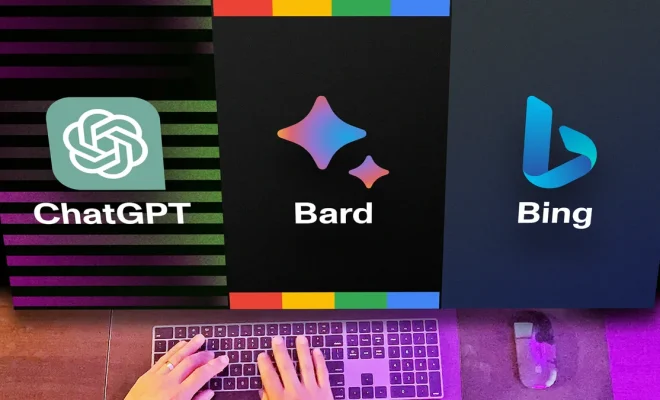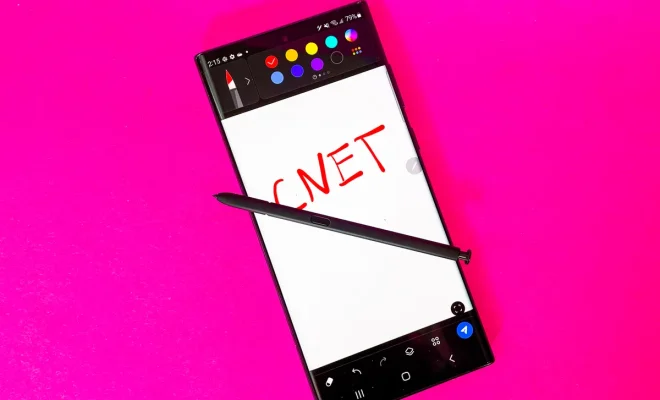ChatGPT vs. Bing vs. Google Bard: Which AI Is the Most Helpful?

In the rapidly evolving world of artificial intelligence (AI), there are numerous companies striving to develop the best and most helpful AI tools. Among these, ChatGPT by OpenAI, Bing by Microsoft, and Google Bard are vying for the title of the most helpful AI. In this article, we’ll be comparing these three contenders based on their features, capabilities, and user-friendliness.
ChatGPT
Originally developed as GPT-3 by OpenAI, ChatGPT has quickly gained popularity as a cutting-edge AI-powered writing assistant. It is capable of understanding context and providing detailed responses to assist users with various tasks such as drafting content or generating ideas.
Key Features
1. Natural Language Understanding
ChatGPT is known for its exceptional understanding of natural language, making it highly effective in answering questions and providing intelligent suggestions.
2. Versatility
It can handle multiple types of writing tasks like blog posts, articles, emails, social media posts, and more.
3. Fine-tuning
Built on OpenAI’s powerful GPT-3 model, ChatGPT can be fine-tuned to produce specific types of content according to user requirements.
Bing
Bing’s AI-based search engine is another impressive contender in the world of AI-driven technology.
Key Features
1. Knowledge Graph
Bing leverages a deep knowledge graph to provide related information based on user queries.
2. Predictive Modeling
With its advanced algorithms, Bing can make predictions about user intent when displaying search results.
3. Image and Video Search
Bing offers excellent image and video search functionalities alongside traditional text searches.
Google Bard
Google Bard is an experimental AI system developed for natural language modeling and text generation purposes.
Key Features
1. Advanced Algorithms
Google Bard employs advanced algorithms capable of generating creative text snippets.
2. Adjustability
It allows users to control the generation of text by adjusting the system’s parameters, such as temperature and maximum token length.
3. Domain-Specific Use Cases
Google Bard can adapt to domain-specific writing tasks, making it well-suited for niche applications.
Comparison
ChatGPT excels in natural language understanding and content generation, making it an excellent choice for a wide range of writing tasks. Bing offers powerful search capabilities thanks to its predictive modeling and knowledge graph, though it is less focused on text generation than ChatGPT and Google Bard. Google Bard brings useful adjustability and adaptive AI elements, but it primarily serves as an experimental system rather than a well-rounded assistant.
Conclusion
Choosing the right AI tool depends on individual requirements and use cases. If you need an AI-powered writing assistant that can handle a variety of writing tasks with ease, ChatGPT stands out as the most helpful option. If search functionality is your priority, Bing’s advanced features are worth considering. While Google Bard shows potential in creative text generation, its experimental nature makes it better suited for specialized use cases compared to the more polished offerings of ChatGPT and Bing.






